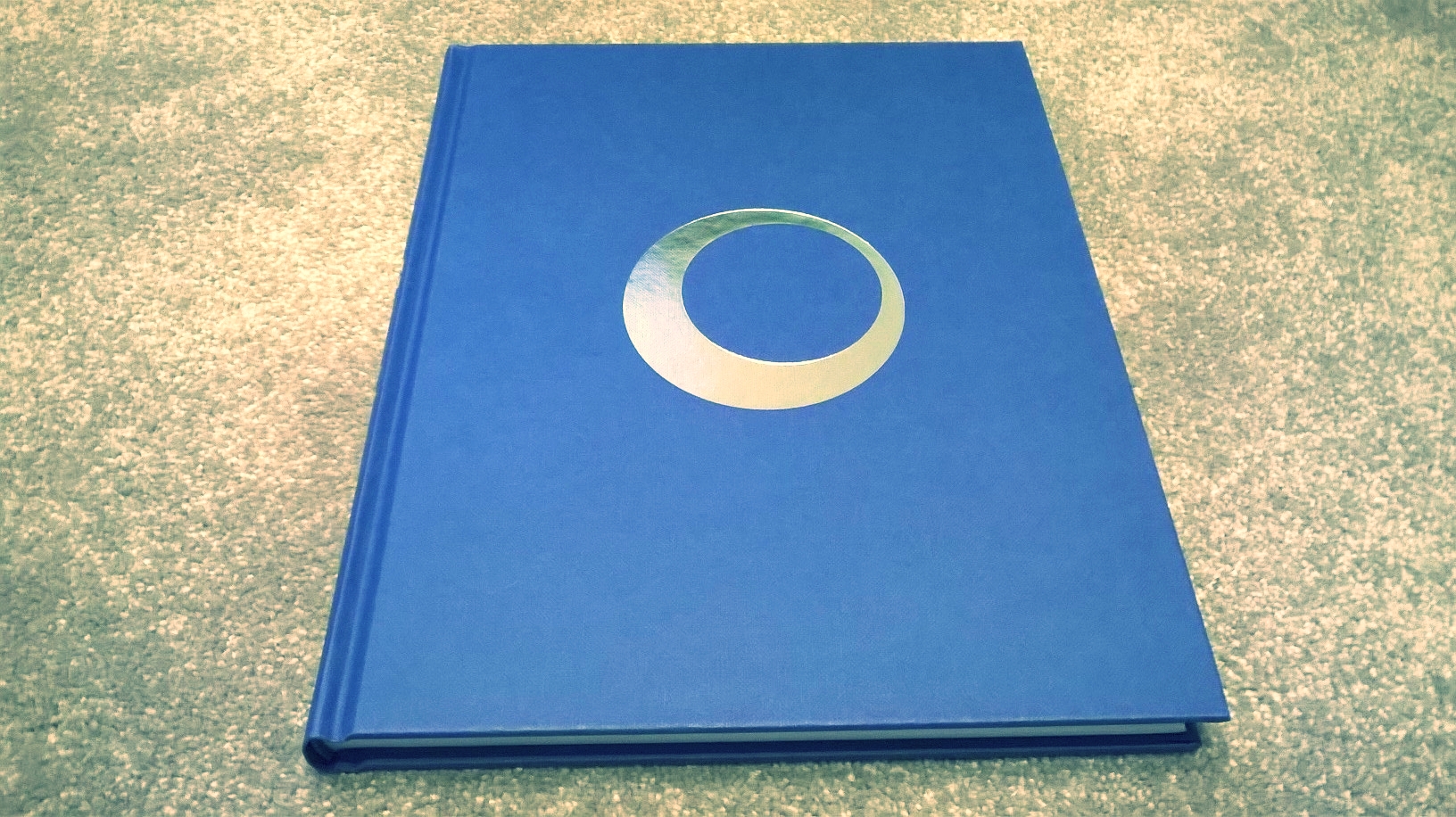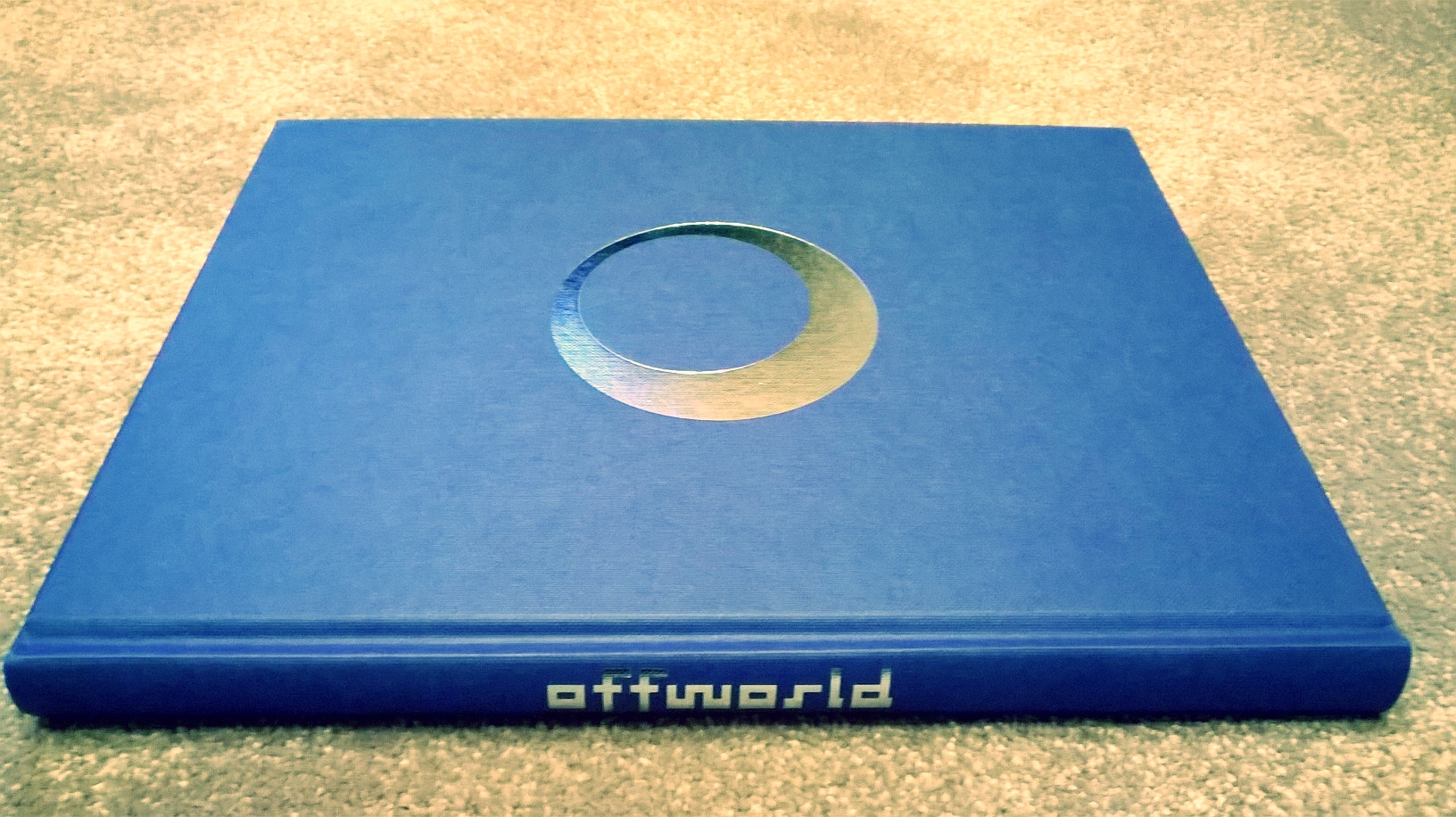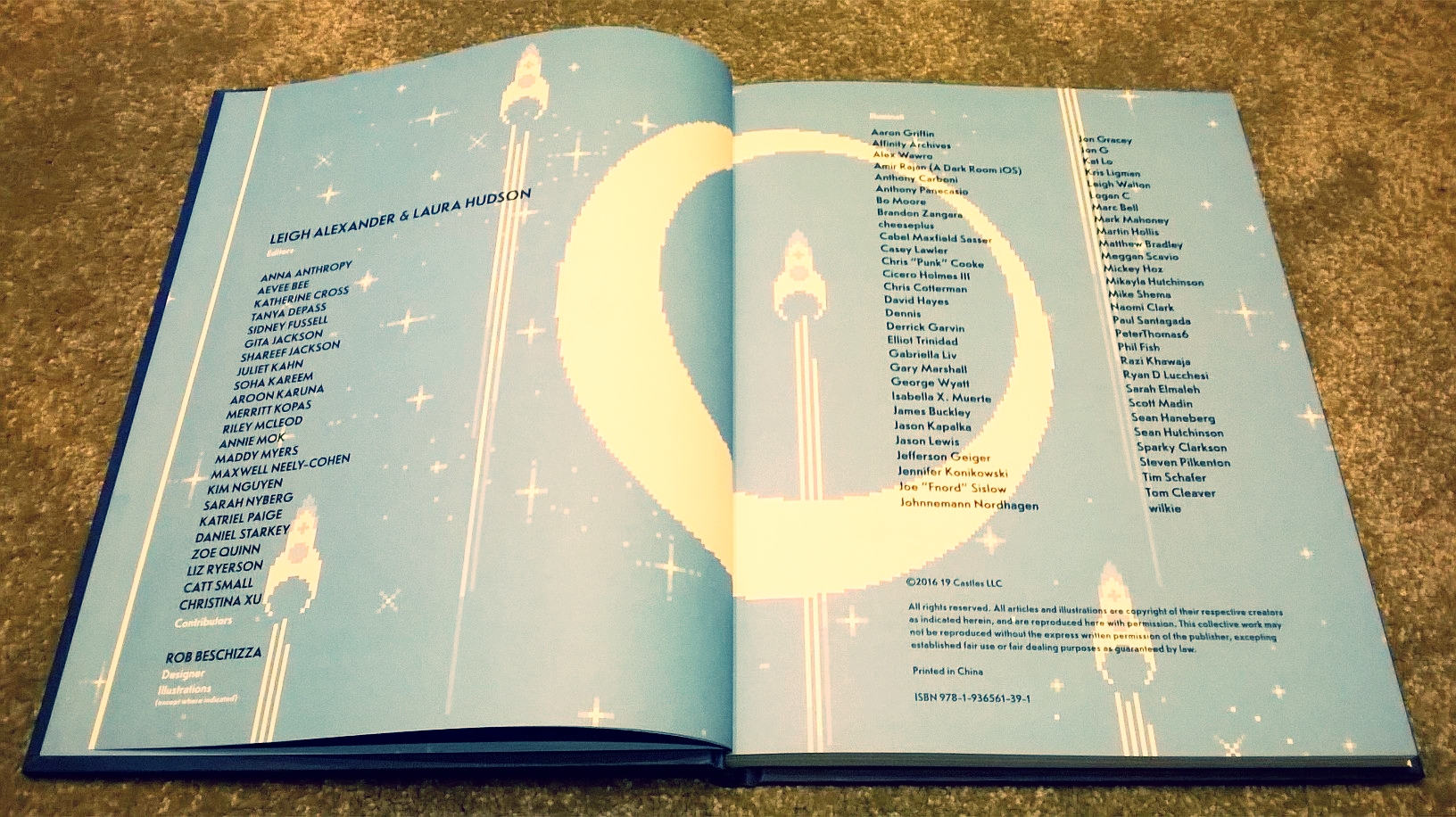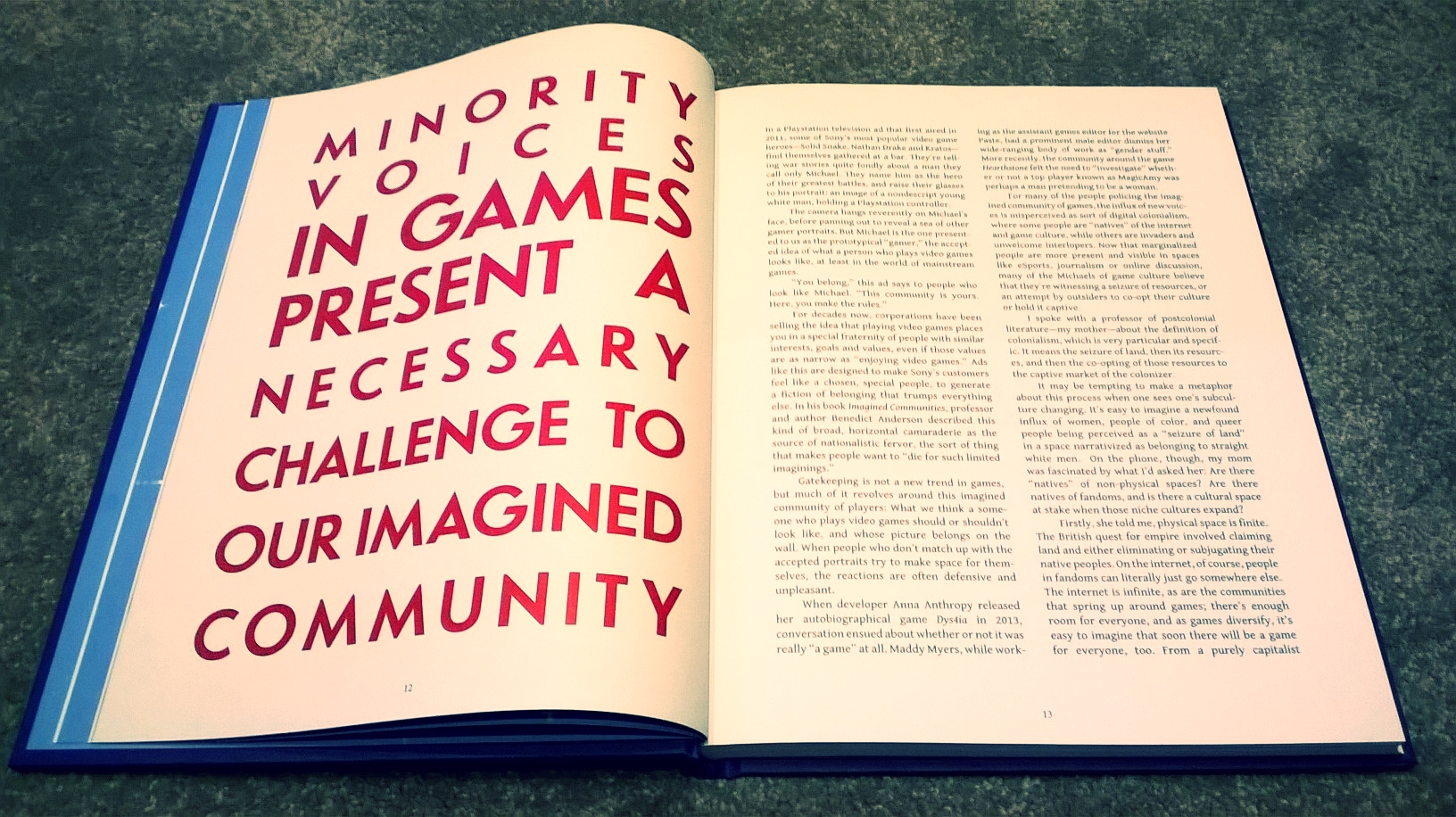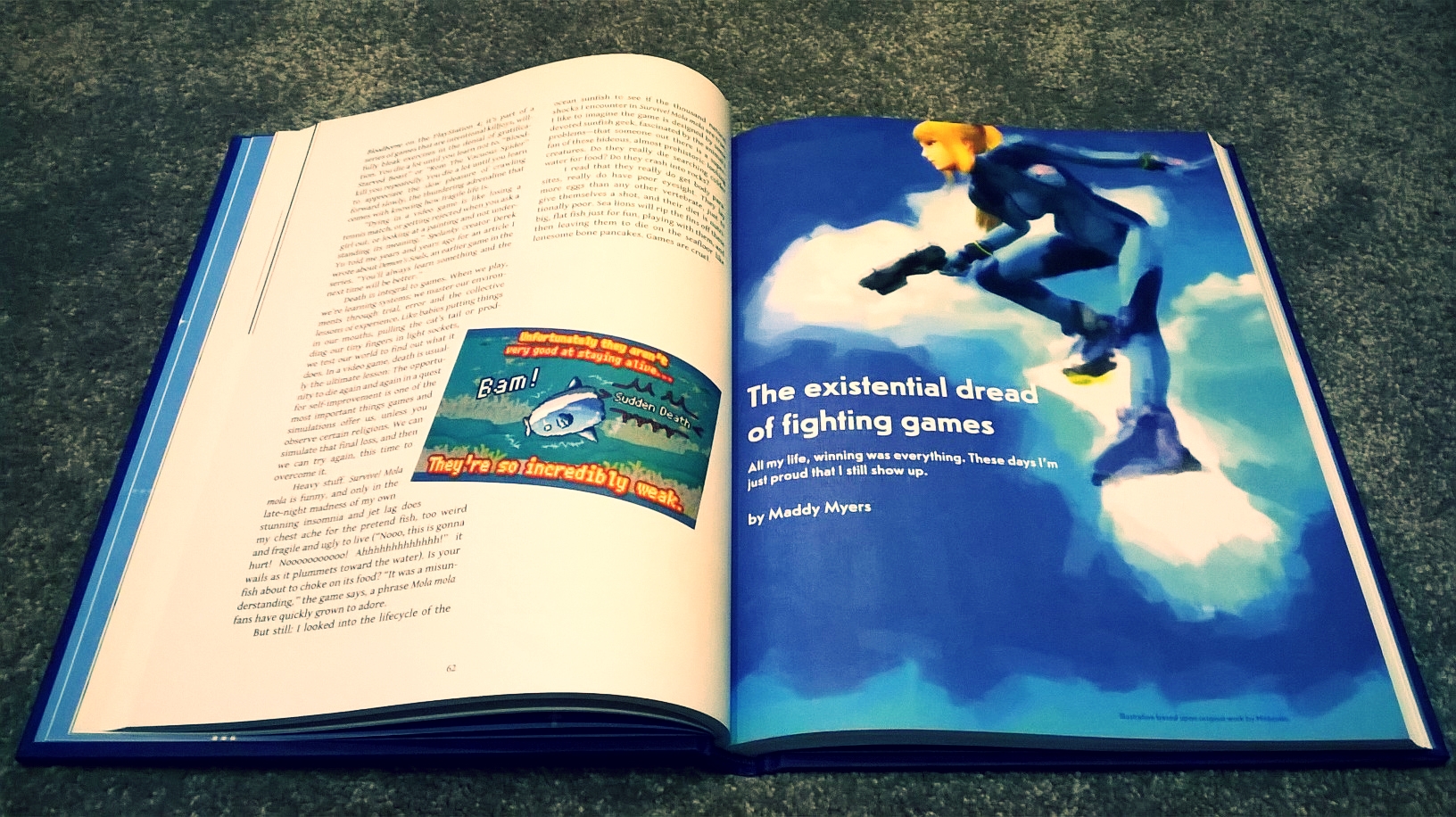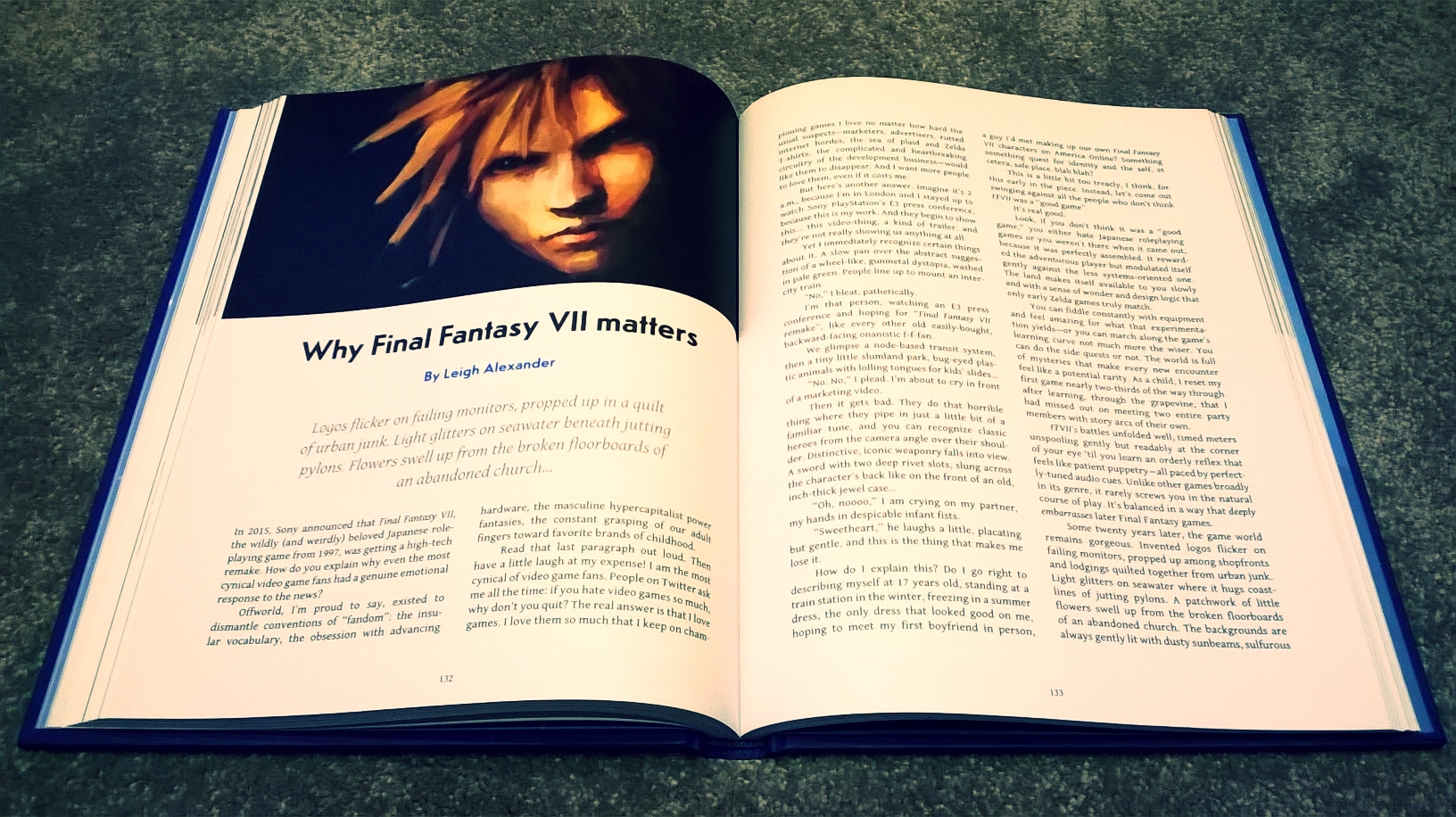My daughters are at an age where the internet is becoming a thing. Now, it's always been a thing as they are ‘Digital Natives’ rather than a ‘Digital Nomad’ like me, using it to watch their shows and get Alexa to carry out their whims, but they are having to use it for their studies now and so we've had to set out rules and boundaries. The fact is that the internet will continue to have an increasingly significant role in their lives has prompted me to reflect on my own experiences with its emergence. Unlike them, I grew up in an era when the internet was still finding its footing…
Gaming writer Leigh Alexander's Breathing Machine: A Memoir of Computers beautifully captured the experience of growing up alongside the nascent internet, a journey that resonated deeply with me as someone in my early forties. Her memoir evoked a powerful nostalgia for a time when technology felt both exhilarating and profoundly complex. The descriptions of connecting with people in chat rooms, receiving early emails and navigating forgotten search engines paint a familiar picture for those who witnessed the internet's inception. The distinct visual and auditory cues of that era—the blurry images on CRT monitors, the crackle of internal speakers and the mechanical sounds of floppy disks and hard drives—created an almost tangible atmosphere, as if a ‘ghost in the machine’ truly existed.
My own first introduction to the internet occurred around 1996, in Year 10, when a friend insisted I create a Hotmail account. Despite my initial lack of understanding, I created an account that I still use today and am not too embarrassed by. In those early days, the internet felt like a place of boundless magic, potential and authenticity and an unfettered, democratic space brimming with hope.
One of the most significant aspects of growing up with the internet was the ability to find communities. These online spaces were formative, allowing individuals to connect with like-minded people, whether actively participating in comments, chat sections and bulletin boards or simply observing. The shared passion for a particular topic transcended the level of engagement. There was a prevailing belief that the internet could eradicate ignorance by providing widespread access to information, ushering in an era of euphoria where empathy and understanding would flourish globally. Sadly, that optimistic theory seems to have faded, much like Lycos, Geocities, Ask Jeeves and AltaVista.
I recall an instance where I attended a weekend university taster program at the London School of Economics (LSE), which offered access to fast internet and printers. I spent hours of my Saturdays engrossed in downloading and printing greyscale images from Mysterious Cities of Gold, Evangelion and Battle Angel Alita, a few of my greatest passions at the time. The sheer volume of information available online was astonishing. I would stay well into the afternoon, thoroughly enjoying myself while listening to Jean Michel Jarre on my portable CD player. Yes, I was a very hipster teen with my finger on the pulse!
I found my old CD player man-bag whilst tidying up my stuff from the loft…good times!
Growing up with the internet also meant encountering unexpected content, which, in some ways, accelerated maturity. In the late 1990s, it was surprisingly easy to stumble upon inappropriate material accidentally. Even seemingly innocuous searches, like for images of ‘milk’ could lead to unexpected results. A tangential link could quickly expose you to the most grotesque or peculiar content. This experience brought to mind the slow, line-by-line loading of images on my old Amstrad CPC 464 as, back then, images would load row by row over several seconds. I became quite adept at quickly clicking back from an image before it became offensive, almost like a digital game of whack-a-mole.
My involvement in the Gold List, a Mysterious Cities of Gold mailing list, was how I first acquired copied VHS tapes of the entire series. I was ecstatic, paying £50 at the time for six NTSC VHS tapes from America. Later, when a friend downloaded the unofficial soundtrack for me via BearShare, I was convinced of the internet's magical nature. This led me down a nostalgic rabbit hole, where I downloaded old series I had long wanted to watch but were unavailable for purchase—a time well before the widespread release of goldrush content on DVD.
During my university years, the internet also exposed me to a different kind of content: conspiracy theories. I delved into Erich von Däniken's theories about aliens creating the pyramids, which led me to Graham Hancock's pseudoscientific ideas about ancient civilizations being more advanced due to alien intervention or Atlantean knowledge. This, in turn, introduced me to David Icke's theories about a cabal of globalists and bankers ruling the world, secret societies like the Illuminati controlling people, and inter-dimensional shapeshifting aliens feeding on blood and preparing Earth for harvesting. I won't deny that I felt as though I had stepped ‘through the looking glass,’ and it genuinely scared me; I began seeing covert agents and spies everywhere. However, a friend from UEL chatted to me, told me to give my head a wobble, whilst another introduced me to the music of Björk and then I had an epiphany: Really? Bloomin’ lizards! Yes, while there is no doubt that powerful individuals and groups (lobbyists) undoubtedly exist(ed), succumbing to fear and paranoia was not the answer, especially with regards to blood-drinking, shape-shifting, inter-dimensional space lizards (for those who don’t know, this is an actual Icke theory). No, we had Y2K and the Mayan year of 2012 to worry about.
Now I know that living life and challenging real oppressors, rather than fictional reptilian creatures or fleeting cult of personality groups, is what truly matters. That and cat videos. Lots and lots of cat videos!
Despite being virtual spaces, the internet facilitates genuine human connections and relationships. These online communities have served as crucial support networks for many, particularly during events like the pandemic and I am confident they will continue to do so in the face of whatever the future holds for us.
LINK- Japan: My Journey to the East
LINK: My One True Gaming Constant in My Life- Nintendo
LINK: The Offworld Collection- Book Review
LINK- The Future Starts Here: An Optimistic Guide to What Comes Next- Book Review


